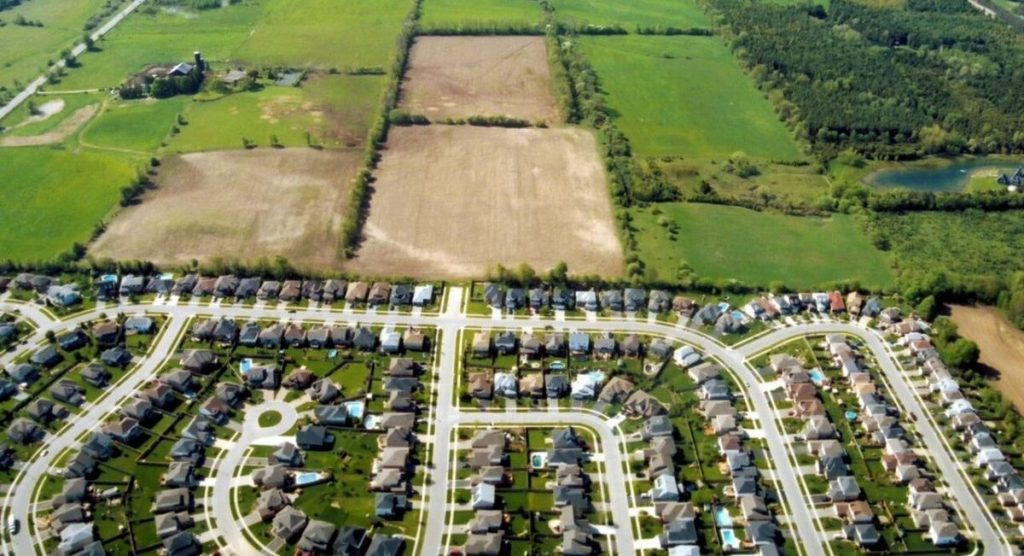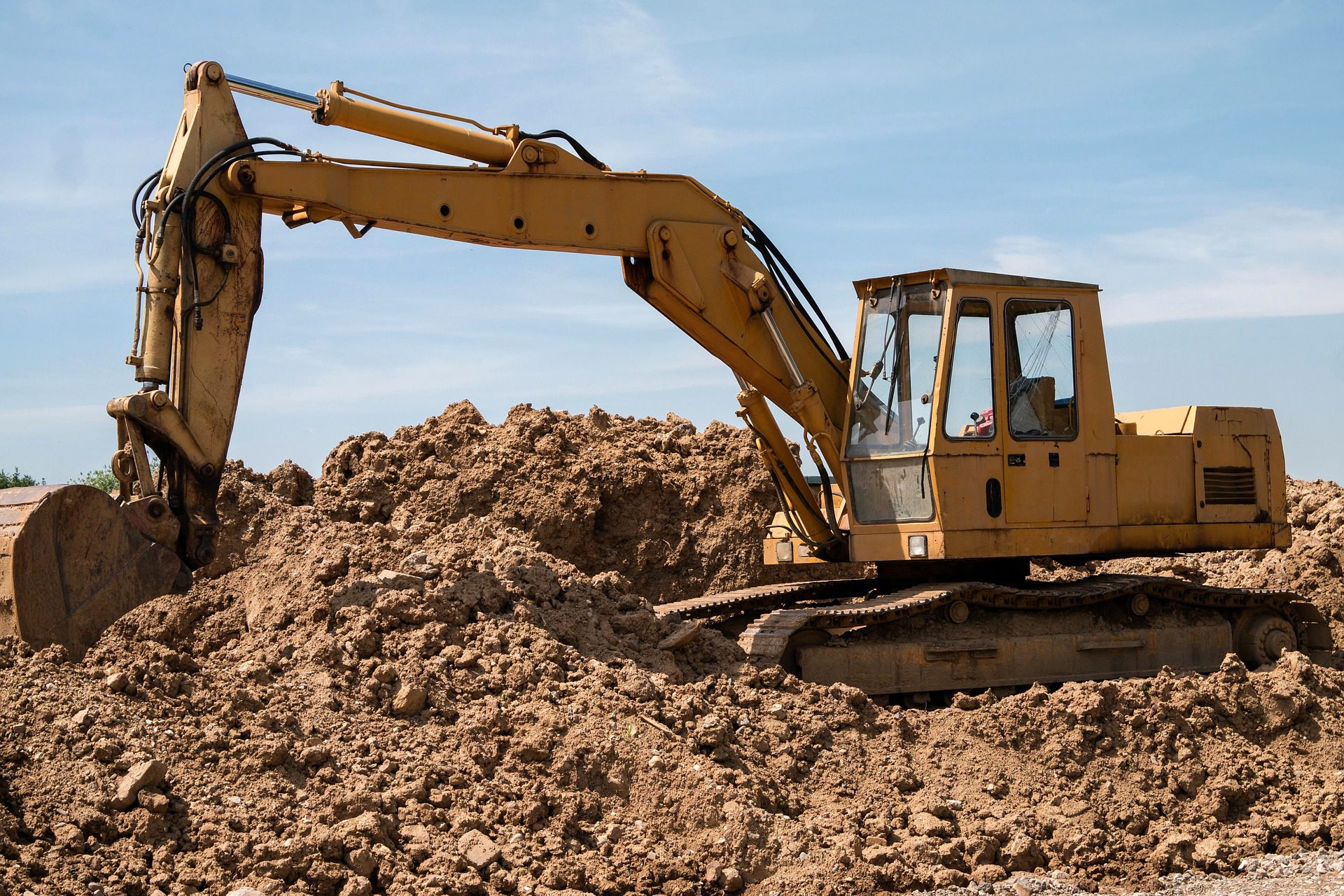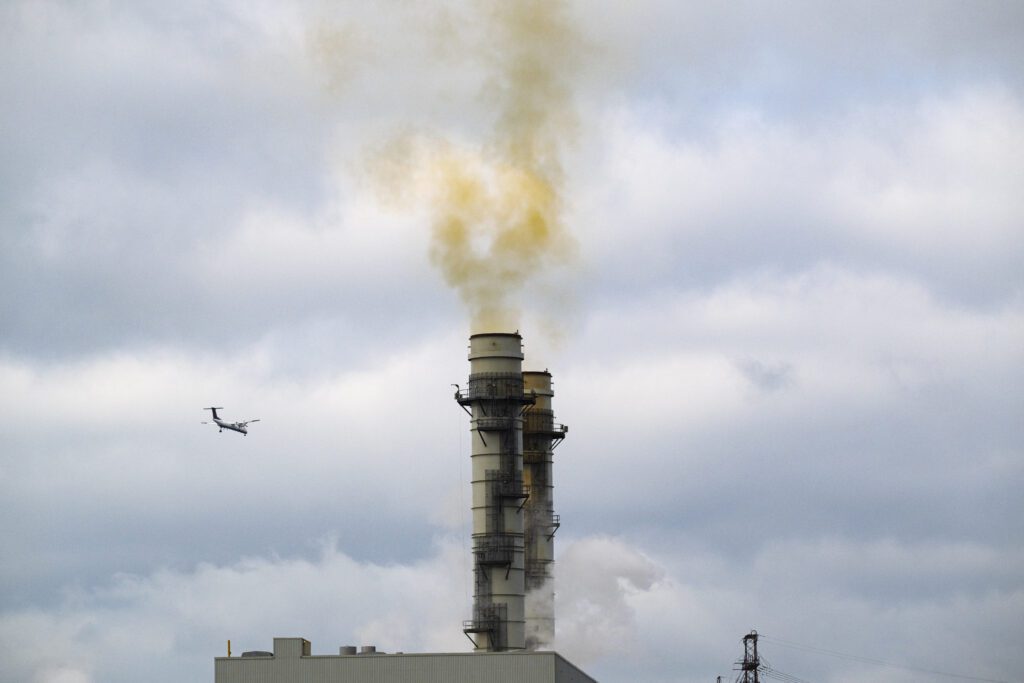Premier Ford’s COVID-19 recovery plan is a big developer’s dream. Passing off a transparent repackaging of developers’ wish list as much-needed help in a state of emergency is irresponsible and potentially damaging.
The plan includes proposed changes to the Environmental Assessment Act which will weaken or entirely remove this important step to protect our land, water, air and health for many infrastructure projects like new highways or public transit lines. If passed, the changes would mean projects only need an environmental assessment if the government decides it’s necessary. The current law applies to most public sector projects by default.
We don’t yet know which projects will get exemptions or “streamlined” assessment, because the Ontario government has taken the unprecedented step of exempting their own bill from the usual public consultation as required by the Environmental Bill of Rights. As the posting states:
“To ensure that these proposed changes can be implemented expeditiously to support recovery efforts, the proposed amendments include a provision making them not subject to the minimum 30-day posting requirement under the Environmental Bill of Rights.”
Supposedly the rush is so that COVID-19 recovery efforts can be expedited. But it seems more likely this is an attempt to avoid scrutiny on the 188 page bill which amends at least 20 different pieces of legislation, since the only recovery effort on the table in this bill is speeding up sprawl.

The recovery bill enhances the powers of Minister’s Zoning Orders. These orders have become common practice in recent months as a way for often controversial development projects to circumvent sound planning and public consultation. The bill also establishes a Provincial Land and Development Facilitator, which will likely also serve to fast track development, including low-density sprawl on farmland, forests and wetlands
In a post-COVID-19 context, we need careful thought about what projects make sense, and where. Building the same old big projects twice as quickly, and with even less thought or environmental oversight, is not smart policy and not the long-term solution we need.
Perhaps the most ridiculous element of the bill is a proposal that any new regulatory burdens must be offset by a reduction in other regulatory burdens. It’s this view of regulation as red-tape that led to the Walkerton Tragedy 20 years ago, and could lead to the hasty removal of important regulations that protect our health and environment. The last thing we need is another tragedy due to a lack of protective regulations.
In other countries such as South Korea, Denmark, Germany and the United Kingdom, leaders have outlined intentions for a green economic recovery that would maximize health, economic, and social outcomes, and speed up the shift to cleaner technologies. That kind of vision is missing from Ontario’s recovery plan. Once again, we’re left clinging to 1950’s era sprawl policies while the rest of the world moves to a new sustainable economy.
If you’re looking for a recovery plan to line the pockets of developers, then Ontario has exactly what you’re looking for. But if you’re looking for a plan to rebuild a healthier economy and support people who have been hardest hit by the pandemic, this isn’t it.
Stay up-to-date on environmental issues. Join our email community.








